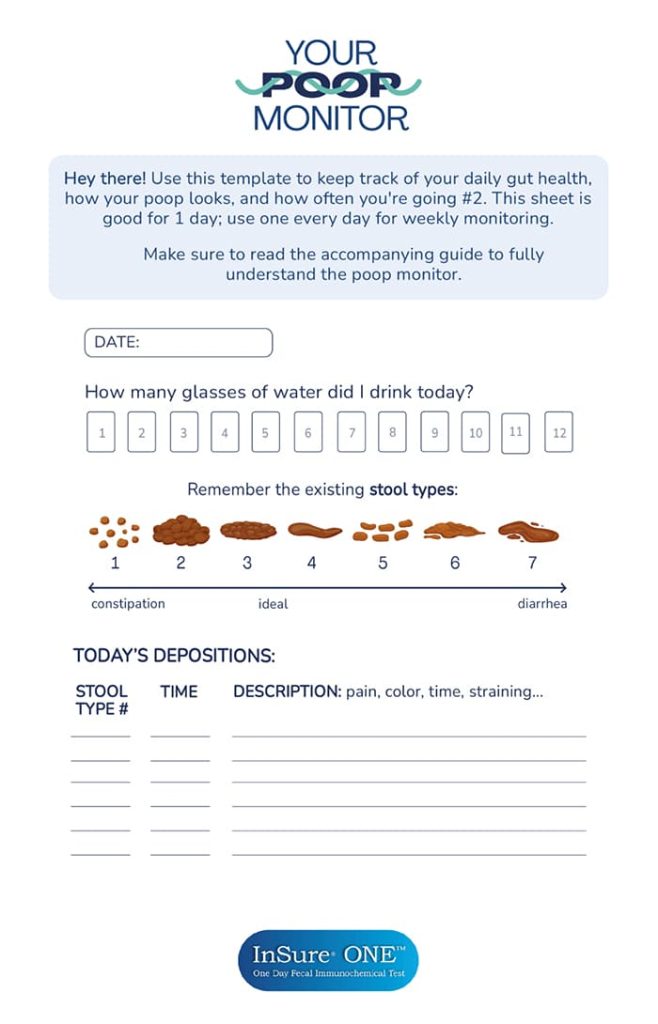When it comes to cancer, we’d rather the numbers of those affected decrease, but colorectal cancer in younger adults is seeing the opposite.
According to the American Cancer Society, 20% of 2019 diagnoses were in patients under 55. Which is double the rate from 1995. Now, those under 55 years of age have a 1 in 5 chance of being diagnosed with colorectal cancer.
The cause of this increase is uncertain, but potential factors include younger adults adopting habits that elevate colorectal cancer risk, such as:
- Consumo excesivo de alcohol
- Sedentary lifestyles
- Obesidad
- Tabaquismo
- Diets high in processed meats
- Low-fiber, high-fat diets
Rising Rates and More Advanced Stages
Concerningly, mortality rates for young adults with colorectal have gone up by about 1% per year, even though mortality rates for the disease, overall, have gone down.
A significant contributor to this data is the fact that there are more young adults being diagnosed with advanced-stage colorectal cancer, which has a much lower survival rate. As for why more young adults are diagnosed with colorectal cancer that has already spread, it all stems from a lack of early detection.
The previously recommended age to start colorectal screening was 50. However, as it was discovered that mortality rates increased in those diagnosed before 50. The American Cancer Society lowered the recommended age to 45 for individuals at average risk. If you have inflammatory bowel disease or a family history of colorectal cancer, you may need to begin screening even earlier.
Yet, even now, not everyone within this age range is receiving regular screening, even when the data makes it clear that colorectal screening is a life-saving procedure.
Colorectal Screening Saves Lives
The longer cancer is left undetected, the more it progresses, the harder it becomes to treat, and the smaller the chance of survival.
Based on survival data, early detection can mean the difference between having a 91% chance of survival with localized cancer and only a 13% chance once the cancer spreads. For the stage 3 colorectal cancer survival rate, when the cancer spreads to nearby areas like lymph nodes, about 73 out of 100 people are expected to be doing well after 5 years. These statistics emphasize the importance of catching cancer early to improve treatment outcomes.
A possible reason why more young adults are diagnosed with colorectal cancer at advanced stages is that they do not undergo screening, which means their cancer may not be detected until it starts to produce symptoms that often indicate an advanced stage.
The increase in colorectal cancer cases may also be related to the lifestyle of younger people and the diet, exercise, and other lifestyle factors that may have become more prevalent in society.
Ultimately, the safest thing that young adults can do, even before they are at an age where they need to begin regular screening, is watch for symptoms that warrant a doctor’s visit.
What GI Symptoms Should Those Under 50 Watch For
It’s not just those who are over 50 who should be aware of the warning signs of colorectal; even those as young as 20 should be aware, for it may be the defining factor in beating cancer.
If you notice any of the following symptoms, speak to your doctor:
- Changes in stool appearance: Watch for stools that are dark or black, or if your stool is thin, narrow, or ribbon-like.
- Rectal bleeding
- Low energy
- Changes in bowel movements (i.e., diarrhea or constipation) that last two weeks or more
- Feeling “full” after eating only a little
- Unexplained weight loss
Above anything else, it’s recommended not to assume anything. Even those who are in their 20s or 30s should get checked if any of the above symptoms appear.
Non-Age-Related Trends In Colorectal Cancer
It’s not just age that can increase someone’s risk of colorectal cancer; ethnicity and living location can factor in, too.
Ethnicity
Studies have revealed that the ethnicities with the highest incidence of colorectal cancer are Alaska Native (88.5 per 100,000), American Indian (46 per 100,000), or Black (41.7 per 100,000).
These discrepancies likely have less to do with ethnic backgrounds and more to do with differences in risk factor prevalence, such as high body weight, smoking, and processed meat consumption.
Urban vs. Rural Living
Interestingly, research has shown that some cancers are more common in urban areas, while others are more common in rural areas. Colorectal cancer is one type that is more common in rural areas, possibly because those living in rural areas are up to 60% less likely to undergo colorectal screening when compared to those living in urban areas.
How to Prevent Colorectal Cancer
To prevent colorectal cancer, it’s recommended to make the following lifestyle changes:
- Drink responsibly (no more than two drinks a day for men and one drink for women)
- Quit smoking
- Lose weight if you’re overweight or obese
- Be more active
- Eat more fiber (at least 25 grams a day)
Even though colorectal cancer cases are rising in younger adults, the incidence is still low enough that regular colonoscopies are not yet justified before the age of 45 for those at an average risk. However, that doesn’t mean that you can’t pursue proactive screening on your own.
The fecal immunochemical test (FIT) is a type of stool test kit, an at-home testing option that detects blood in stool, which may be a sign of colon polyps or inflammatory bowel disease. This makes FIT a great patient initiated proactive colorectal screening option.
With an at home FIT test you simply collect a stool or water sample, ship it back to a lab, and get your results in just a few days. It’s truly that easy to stay on top of your colorectal health and have that peace of mind.
If you’re a part of the 1 in 5 younger adults at risk of colorectal cancer, regular screening and early detection can help you join the 64% of people who beat it.
About InSure ONE
InSure ONE is Fecal Immunochemical Test that eliminates the need for patients to handle stool during their sample collection. It uses two water-based samples collected during a single bowel movement making it the most user-friendly FIT on the market. InSure ONE can now be purchased online and shipped directly to your house using this link.
References
Colorectal Cancer Screening Guidelines. (2024). Cancer.org. https://www.cancer.org/health-care-professionals/american-cancer-society-prevention-early-detection-guidelines/colorectal-cancer-screening-guidelines.html
American Cancer Society. Colorectal Cancer Facts & Figures 2023-2025. Atlanta: American Cancer Society; 2023.
Colorectal Cancer Statistics | How Common Is Colorectal Cancer? (2024). Cancer.org. https://www.cancer.org/cancer/types/colon-rectal-cancer/about/key-statistics.html
Cancer of the Colon and Rectum – Cancer Stat Facts. (2018). SEER. https://seer.cancer.gov/statfacts/html/colorect.html
Colorectal Cancer Survival Rates | Colorectal Cancer Prognosis. (2024). Cancer.org. https://www.cancer.org/cancer/types/colon-rectal-cancer/detection-diagnosis-staging/survival-rates.html
American Cancer Society Releases New Colorectal Cancer Statistics; Rapid Shifts to More Advanced Disease and Younger People. (2023). American Cancer Society MediaRoom. https://pressroom.cancer.org/CRCFactsFigures2023
GIS Portal for Cancer Research – Rural Urban Disparities in Cancer. (2024). Cancer.gov. https://gis.cancer.gov/mapstory/rural-urban/index.html
Alyabsi, M., Meza, J., Islam, K. M. M., Soliman, A., & Watanabe-Galloway, S. (2020). Colorectal Cancer Screening Uptake: Differences Between Rural and Urban Privately-Insured Population. Frontiers in public health, 8, 532950. https://doi.org/10.3389/fpubh.2020.532950
U.S. Cancer Statistics: Colorectal Cancer Stat Bite. (2024). https://www.cdc.gov/cancer/uscs/about/stat-bites/stat-bite-colorectal.htm

